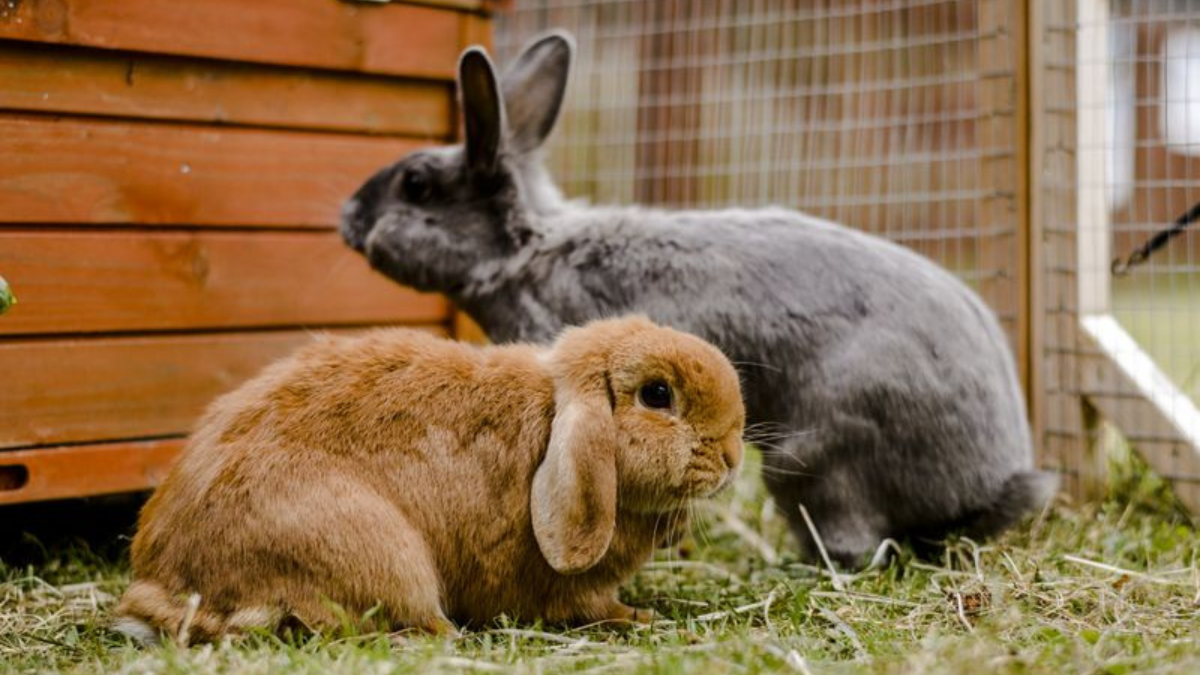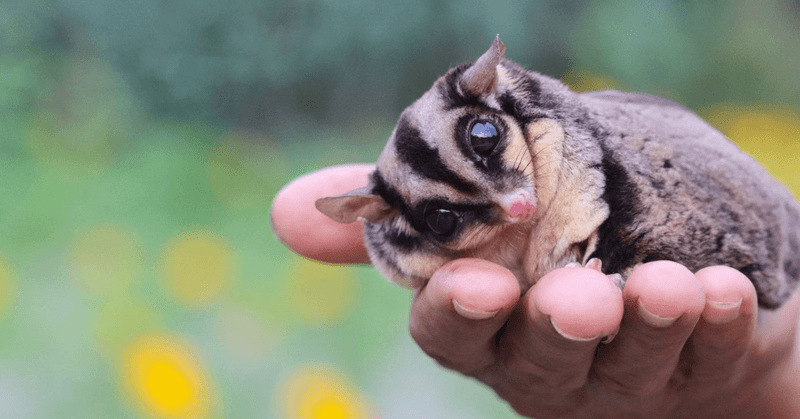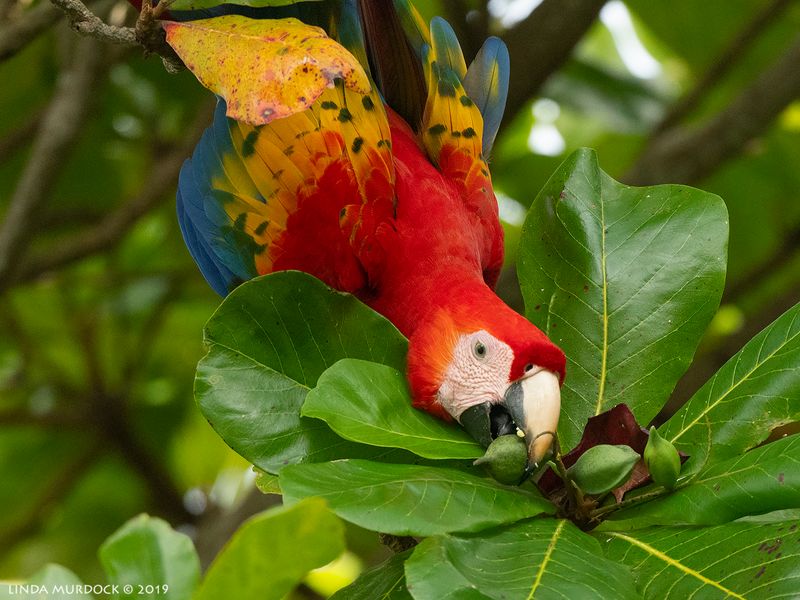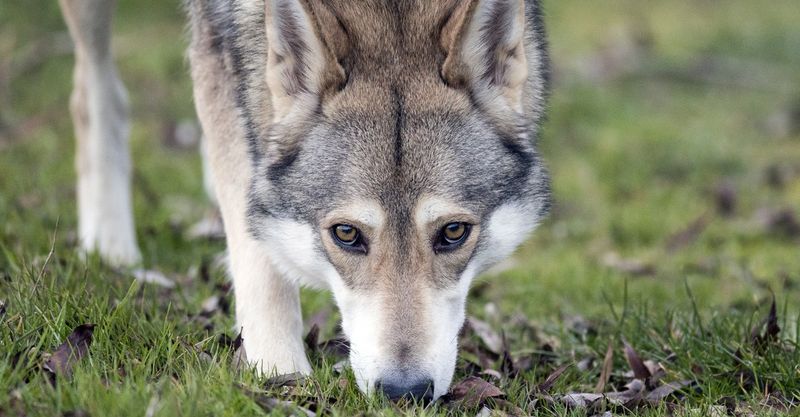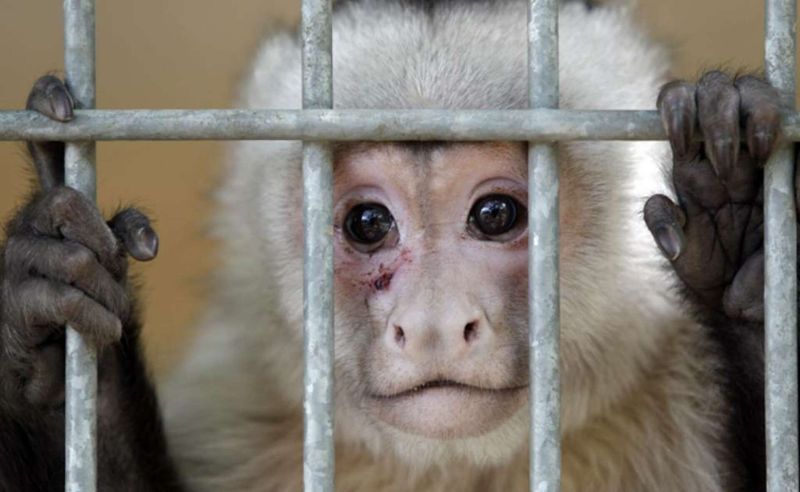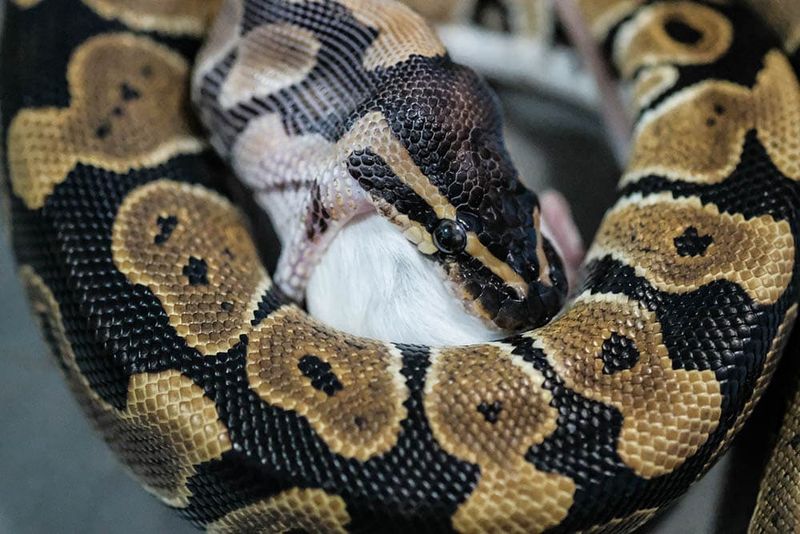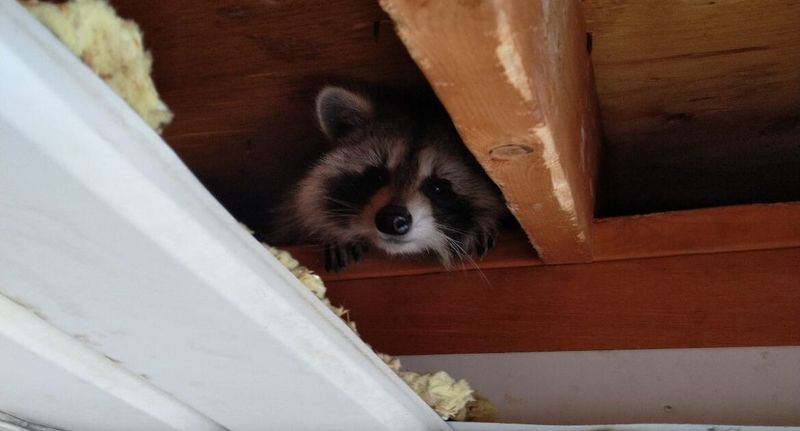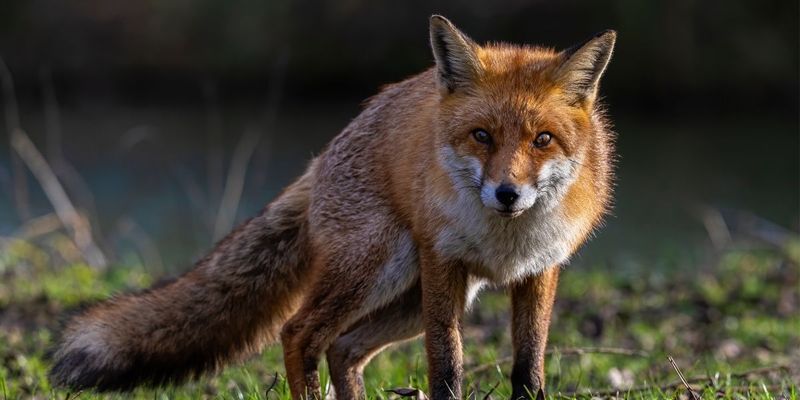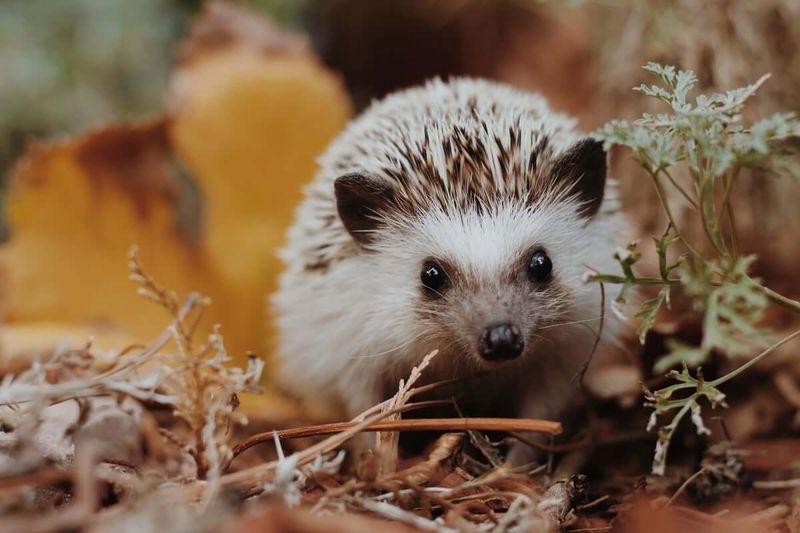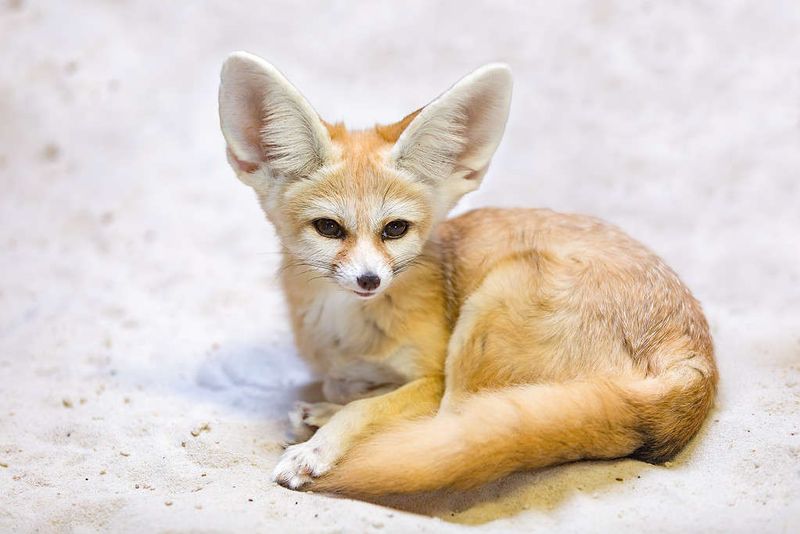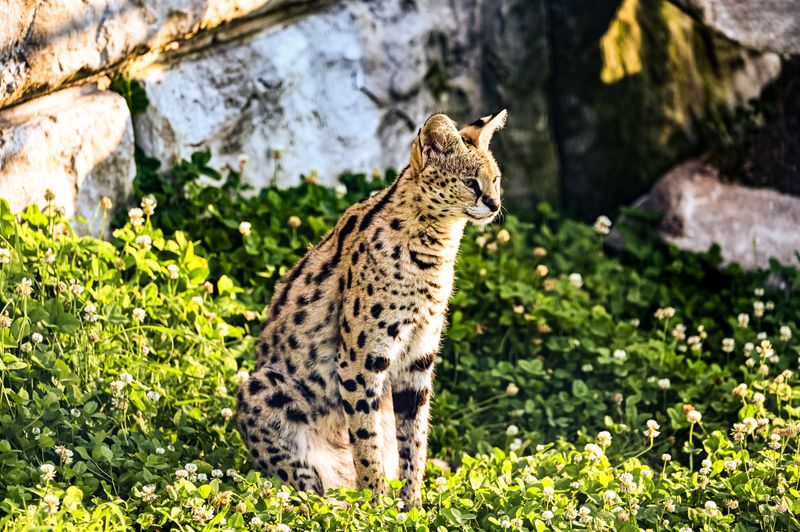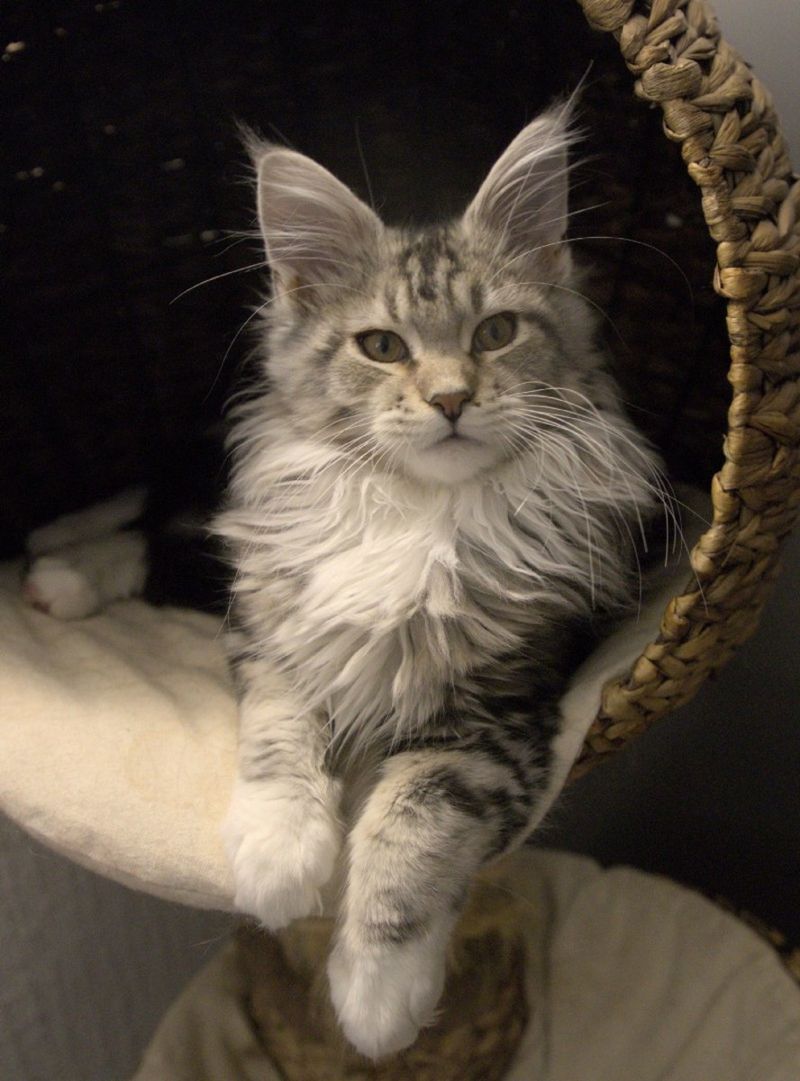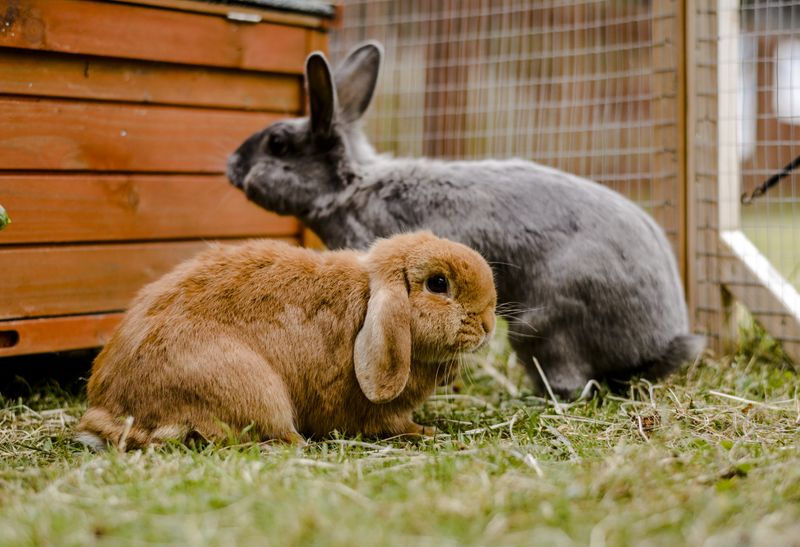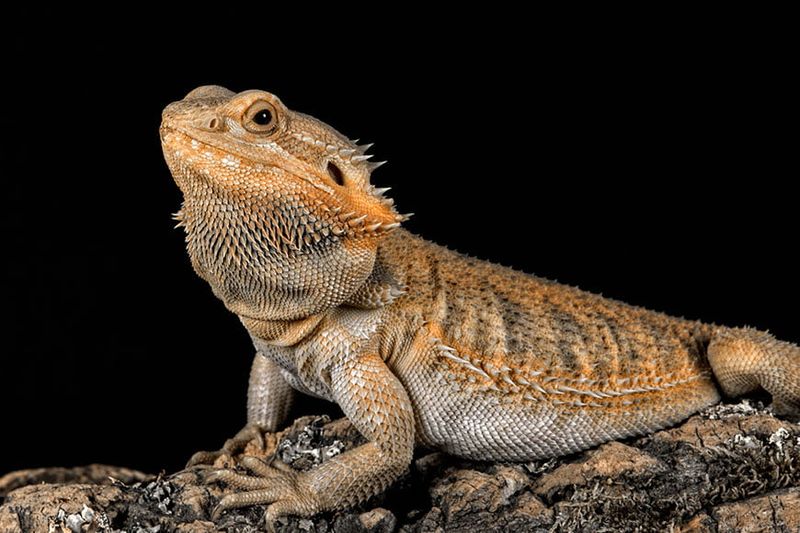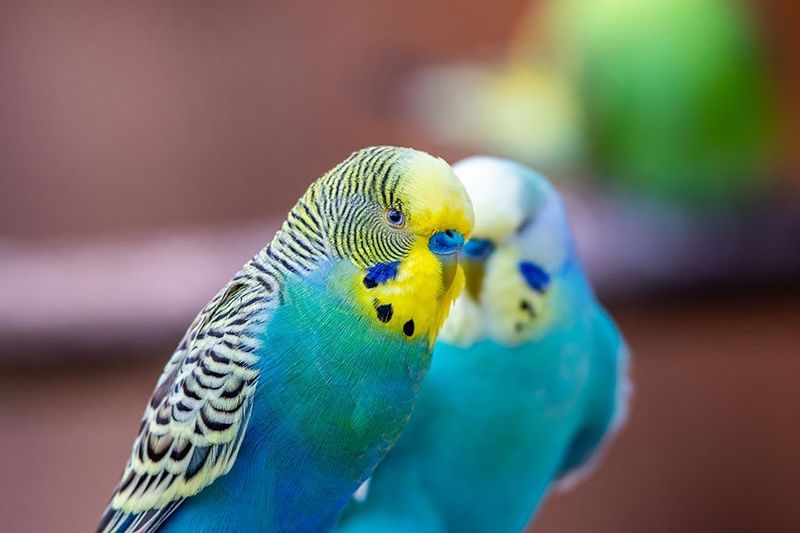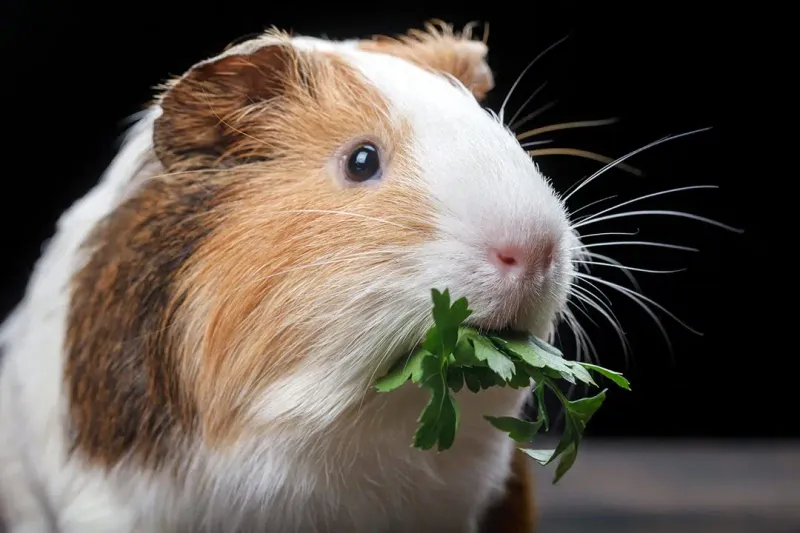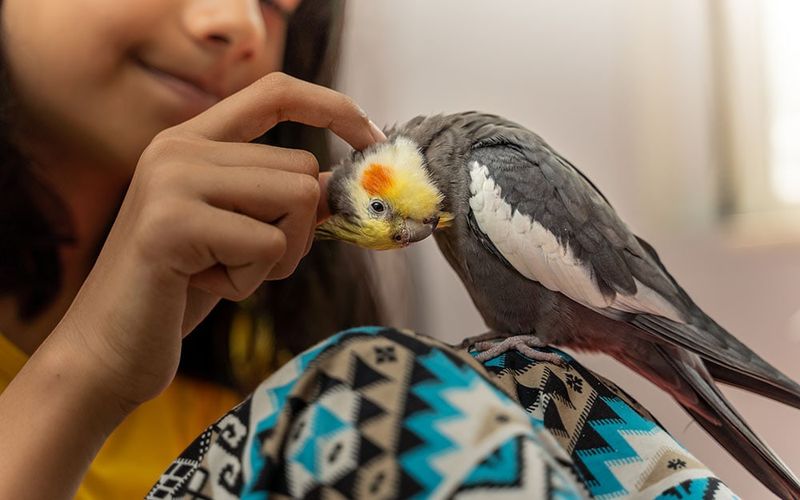📖 Table of Content:
Selecting the right pet plays a significant role in creating a peaceful, happy home. While some animals enrich daily life with affection and companionship, others may bring unexpected challenges. A mismatch between pet and lifestyle often leads to frustration and regret.
Not all pets are as easy or rewarding as they seem. Some require more time, space, or patience than many realize, often becoming sources of stress rather than comfort. Cute looks can be deceiving when energy levels and care needs aren’t compatible.
On the other hand, certain pets are known for their gentle temperaments and easygoing nature. These animals adapt well to routines, offer emotional support, and build deep bonds with their humans. When the right match is made, the result is lasting joy and genuine companionship.
1. Sugar Gliders
Sugar gliders require constant attention and specialized care that can quickly become overwhelming. Their nocturnal nature means they’re active when you’re trying to sleep, creating a disruptive schedule for owners.
Their diet needs are complex and time-consuming, requiring fresh fruits, vegetables, and protein sources daily. Many owners don’t realize they need to prepare special nectar mixes and insect treats.
They also need large enclosures with plenty of climbing opportunities and regular social interaction. Without proper bonding, they can become stressed or aggressive, making the relationship more draining than rewarding.
2. Macaws
With noise levels that can rival a jackhammer, macaws don’t hold back. Their shrieks can hit over 105 decibels and continue unpredictably throughout the day.
These intelligent birds demand hours of daily interaction and mental stimulation. Without it, they develop destructive behaviors like feather plucking and excessive screaming.
Their lifespan of 50+ years means a lifetime commitment that outlasts most marriages. Many owners don’t consider this long-term responsibility, leading to abandoned birds with emotional issues and the heartbreaking reality of rehomed macaws struggling to adjust.
3. Wolf Hybrids
The combination of wolf strength and untamed behavior makes wolf hybrids exceptionally challenging pets. Their instincts often override training, resulting in territorialism, high prey drive, and struggles with social hierarchy.
Housing requirements are extreme, often needing secure enclosures with dig-proof barriers extending underground. Standard fencing won’t contain them when they decide to roam.
Their exercise needs are relentless, requiring miles of walking daily plus mental challenges. Most owners burn out trying to meet these demands, resulting in understimulated animals that become destructive and potentially dangerous.
4. Capuchin Monkeys
Though undeniably cute, capuchin monkeys are incredibly high-maintenance pets. Their inability to be house-trained means wearing diapers for 35 to 45 years—turning daily life into a long-term caretaking routine.
Their intelligence works against owners as they learn to open cabinets, refrigerators, and even locked doors. Nothing in your home remains safe or private.
As they mature, capuchins become increasingly territorial and aggressive, often biting and attacking perceived threats – including family members and guests. The combination of strength, intelligence, and unpredictability makes them exhausting companions that few can manage properly.
5. Ball Pythons
Ball pythons require precise temperature and humidity control that becomes a constant worry for owners. Their enclosures need multiple heating zones, humidity monitoring, and regular adjustments that tie you to home maintenance schedules.
Feeding them involves keeping frozen rodents in your freezer and thawing them before feeding time. Many owners find this process disturbing, especially when housemates or family members discover mouse corpses next to their frozen vegetables.
Their 30+ year lifespan means decades of specialized care. When owners tire of the responsibility, rehoming becomes difficult as the market is flooded with unwanted snakes. The initial novelty quickly fades into years of repetitive care routines.
6. Raccoons
With hands as clever as a human’s, raccoons can open containers, unlatch doors, and disassemble objects with ease. Their inquisitive nature means nothing in your home is safe from investigation—or destruction.
These nocturnal animals become most active when you’re trying to sleep, turning your peaceful nights into raccoon party hours. Their playful energy at 3 AM quickly becomes exhausting.
As they reach sexual maturity around age two, even hand-raised raccoons often become aggressive and territorial. Hormonal changes transform your once-cute pet into an unpredictable animal that marks territory with urine and may bite without warning. The cute baby stage is fleeting compared to years of challenging adult behavior.
7. Foxes
A fox’s natural musk is both potent and persistent, leaving a lasting imprint on anything they touch. From furniture to clothing, the pungent scent lingers no matter how often they’re bathed.
Their natural digging behavior transforms yards into crater-filled landscapes and houseplants into dirt explosions. Many owners underestimate how quickly a fox can tunnel under fencing or destroy a garden.
Foxes mark territory by spraying urine on possessions, people, and furniture. This behavior intensifies during breeding season, creating cleaning challenges that never end. The combination of smell, destruction, and territorial marking makes foxes particularly draining pets despite their fascinating personalities.
8. Hedgehogs
Hedgehogs require specialized heating systems year-round to prevent them from entering hibernation, which can be fatal in domestic settings. This means constant temperature monitoring and backup heating plans during power outages.
Their nocturnal nature means they sleep all day and run on squeaky wheels all night, disrupting your sleep patterns. Many owners place hedgehogs in separate rooms only to discover their nighttime activities are still audible.
Their dietary needs include live insects that must be purchased or bred regularly. Mealworms, crickets, and other crawlies become regular grocery items, often escaping into your home. The combination of nighttime noise, escaped insects, and temperature concerns creates a surprisingly high-maintenance pet.
9. Fennec Foxes
Don’t let their small size fool you—fennec foxes produce sharp, piercing cries that travel far and wide. From chirpy chatter to ear-splitting screams, their vocal outbursts are frequent and hard to ignore.
Their energy levels seem powered by perpetual batteries, bouncing off walls and furniture without tiring. Even after hours of play, they remain ready for more action while owners collapse from exhaustion.
Litter box training rarely sticks with fennecs, who prefer to mark territory throughout the home. Many owners resort to diapering their foxes or dedicating entire rooms with waterproof flooring to contain the mess. The combination of noise, energy, and bathroom habits makes these adorable desert animals surprisingly draining companions.
10. Serval Cats
Servals possess extraordinary jumping abilities that make no shelf, counter, or cabinet safe from exploration. They can leap over 9 feet vertically from a standing position, turning your home into an accessible jungle gym.
Their hunting instincts remain fully intact, leading them to stalk and pounce on anything that moves – including your feet under blankets, smaller pets, and children. Many owners sustain scratches and bites during these play-hunting sessions.
Servals require raw meat diets that are expensive and time-consuming to prepare. The combination of specialized diet, intense exercise needs, and powerful wild instincts creates a pet that constantly challenges boundaries and energy levels despite their striking beauty.
11. Golden Retrievers
Few greetings compare to a Golden Retriever’s joyful reception—wiggling from head to toe with uncontainable excitement. Their bright eyes and wagging tails have a magical way of lifting even the heaviest moods.
Their patient nature makes them excellent companions for children and elderly family members alike. Many Goldens instinctively adjust their energy levels to match their human companions, becoming gentle with babies or playful with active adults.
These dogs thrive on making their people happy, often bringing toys or simply leaning against you when you’re feeling down. Their emotional intelligence allows them to sense when you need comfort versus when you need playful distraction. This natural empathy creates a supportive bond that enriches daily life.
12. Maine Coon Cats
Maine Coons bring gentle giant energy to households with their impressive size and even more impressive hearts. Despite their large frames, they move with surprising grace and consideration around the home.
Their chirping conversations and trilling purrs create a soothing soundtrack to daily life. Many owners report that their Maine Coons respond to human speech with varied vocalizations that feel remarkably like real conversations.
These cats often follow owners from room to room without being clingy, offering quiet companionship without demands. Their balanced nature between independence and affection makes them ideal for busy households. When you do sit down, they’ll often settle nearby with a rumbling purr that reduces stress and blood pressure.
13. Rabbits
When rabbits are truly happy, they perform binkies—joyful bursts of energy that send them twisting and hopping through the air. It’s an irresistible display that brings instant smiles.
Their grooming rituals extend to trusted humans, with gentle licks and nuzzles that communicate acceptance and affection. Many rabbit owners describe the first time their bunny groomed them as a heart-melting moment of connection.
These quiet companions create peaceful energy in the home, offering silent support through their attentive presence. Their soft fur and rhythmic breathing provide tactile comfort during petting sessions. For people seeking a gentle presence rather than high-energy interaction, rabbits offer calming companionship that reduces anxiety and promotes mindfulness.
14. Bearded Dragons
Far more social than they appear, bearded dragons frequently respond to their owners’ presence. Many eagerly run to the front of their enclosure or reach out, ready for interaction.
Their calm demeanor makes handling stress-free, allowing for bonding sessions without the worry of sudden movements or escape attempts. They’ll contentedly perch on shoulders or laps while you read or watch TV.
Beardies display amusing personality quirks like head-bobbing greetings, arm-waving, and beard displays that become endearing communication signals between pet and owner. Their manageable care requirements combined with these personable traits create reptile companions that offer surprising emotional connection without overwhelming demands on time or energy.
15. Budgies
Budgies pack enormous personalities into tiny, colorful packages that bring daily entertainment. Their cheerful chirps and whistles create a lively atmosphere that lifts the mood of entire households.
These intelligent birds can learn to mimic words and sounds, creating personalized greetings and interactions. Many budgie owners are surprised by how clearly their tiny pets can speak their names or favorite phrases.
Their playful antics with toys showcase problem-solving skills and creativity that’s fascinating to watch. From bell-ringing to acrobatic swings, budgies find joy in simple activities that spread positive energy to their human companions. Their low maintenance needs compared to larger parrots make them accessible companions for many households.
16. Guinea Pigs
The adorable chatter of guinea pigs includes wheeking, purring, and popping with joy. Their enthusiastic response to the fridge door or chopping sounds creates a special connection with their owners.
Their social nature makes them responsive to human interaction, often approaching the cage edge for attention or treats. Many guinea pigs recognize their names and the sound of their owner’s voice.
These pocket-sized companions provide comfort through gentle petting sessions that benefit both human and pet. Their soft fur and contented purring during lap time creates a soothing routine that reduces stress. For families seeking pets that offer affection without intensive care requirements, guinea pigs provide rewarding relationships.
17. Cockatiel
Cockatiels form deep bonds with their owners, often choosing a favorite person to shower with affection. Their gentle head nudges requesting scratches and content chirps during cuddle time create meaningful connections.
Their musical whistling abilities bring daily concerts that range from mimicking phone ringtones to creating their own happy tunes. Many cockatiels develop specific melodies they perform when their favorite person enters the room.
These feathered companions often synchronize their routines with their owners, becoming active during family time and restful during quiet evenings. Their desire to be included in daily activities creates a sense of partnership rather than just ownership. For people living alone, cockatiels provide conversational companionship that alleviates loneliness.
